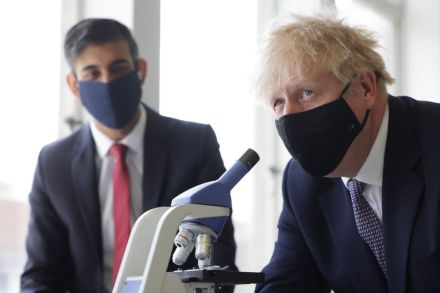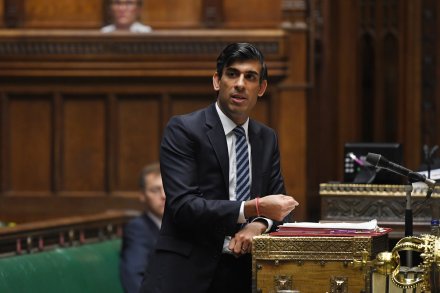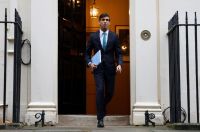Johnson vs Sunak: The political battle of the autumn?
As ministers grow increasingly confident that they will be able to unlock by 19 July, Boris Johnson is facing a series of other political problems coming up the track. After the party lost the Chesham and Amersham by-election to the Liberal Democrats, Tory MPs with seats in the south are particularly restive. CCHQ has spent the weekend reaching out to these MPs in a bid to offer reassurance that the party has not forgotten about them. Yet the biggest problem Johnson faces is on spending. The spending review in the autumn will see all these various debates playing out Over the weekend, there have been a series of reports of








